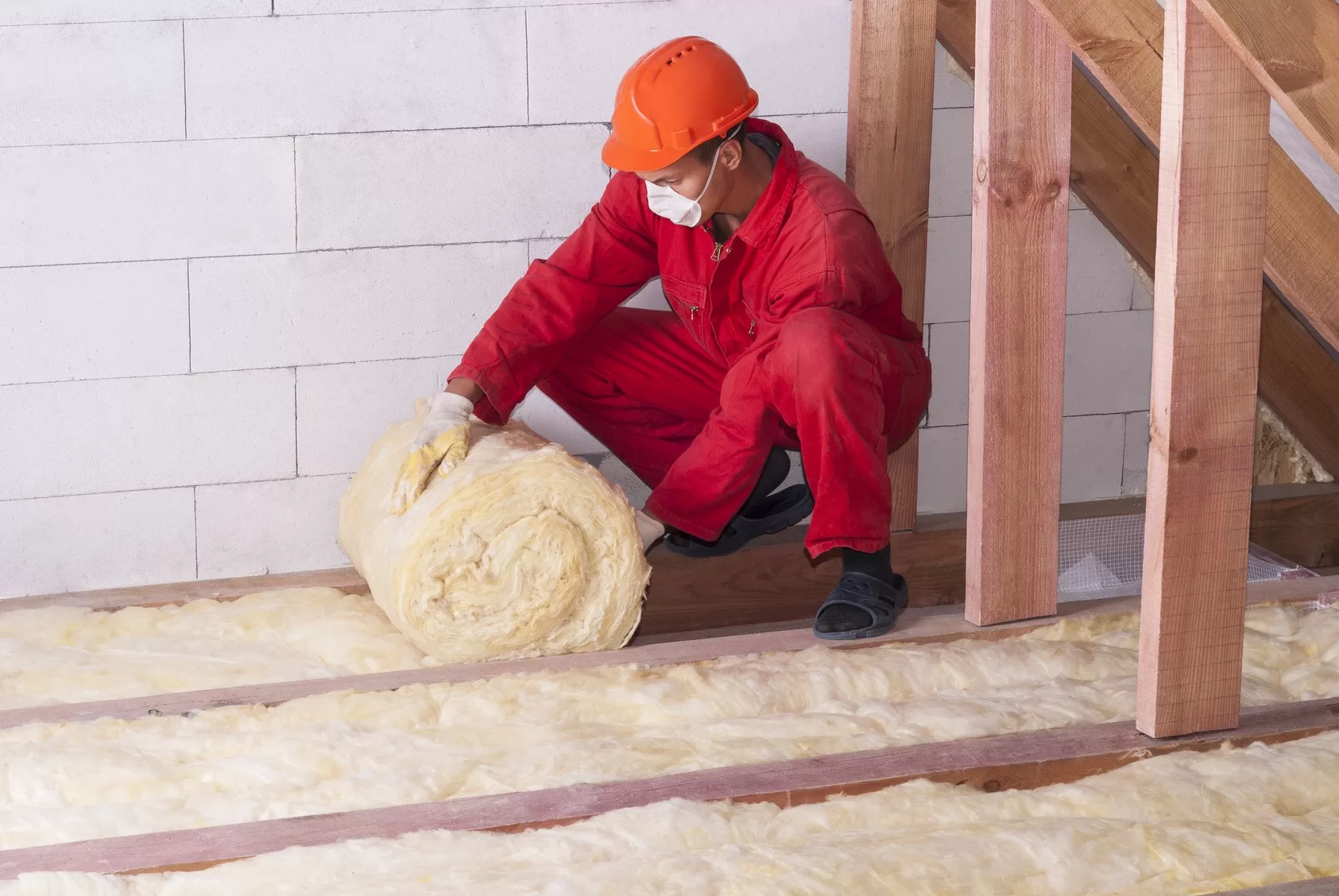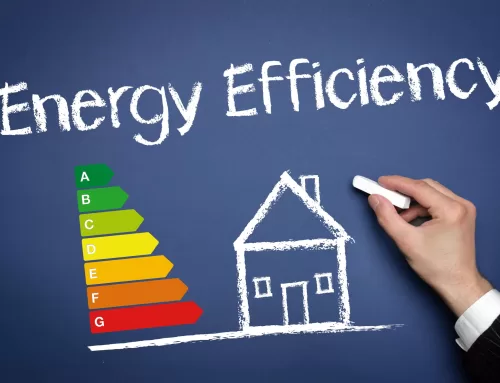Why Is My EPC Different from My Neighbours?
Introduction
If you’ve recently had an Energy Performance Certificate (EPC) assessment and wondered, “Why is my EPC different from my neighbours’?” you’re not alone. Many homeowners find their EPC rating differs from nearby properties that look similar from the outside. Here are some key factors behind these variations and what they mean for your home.
Age and Construction of Your Home
The age and construction materials of your home significantly impact energy performance. Older properties often lack insulation and have dated heating systems, which can lower the EPC rating. Even if your property and your neighbours were built around the same time the addition of extensions or conservatories can make a difference in your EPC.

Insulation Levels
Insulation is one of the most critical elements of energy efficiency. Differences in loft, wall, or floor insulation can lead to variations in EPC scores. If your neighbour recently improved the insulation of their property, this might result in a higher EPC rating, even if both homes look identical.

Heating System and Controls
Heating systems and how they are controlled heavily influence EPC ratings. Homes with modern, efficient boilers or renewable heating, like heat pumps, tend to score higher. If your neighbour upgraded their boiler or added heating controls, this could explain the difference in ratings. The presence of secondary heating systems such as gas fires or log burning stoves can also have a significant impact on EPC rating.
Windows and Doors
Energy-efficient windows and doors, like double or triple glazing, help retain heat and improve ratings. If your neighbour installed upgraded windows or insulated doors, their property might rate higher, particularly if your home still has older glazing.

Renewable Technologies
Renewable technologies, such as solar photovoltaic panels or solar thermal hot water systems, increase your homes EPC scores. If your neighbour has added solar panels or other renewable systems, this could lead to a noticeable rating difference.

Property Modifications and Extensions
Extensions and modifications also impact EPC ratings. Extensions can increase heat requirements if not insulated properly, or even improve efficiency if they add insulation to the external walls of the property. Differences in modifications between homes may explain EPC score variations.

Lighting
While lighting may be considered a minor factor, it still contributes to the overall rating. If your neighbour has upgraded to LED lighting throughout their property this might boost their EPC score.
Improving Your EPC Rating
If your EPC rating is lower than expected, consider energy-efficient upgrades like adding insulation, improving heating systems, or installing energy-efficient windows. Boosting your home’s energy efficiency can raise your EPC score, reduce energy bills, and decrease your carbon footprint. However, we recommend consulting with a qualified local energy assessor before making upgrades—especially if you’re renting out the property—to ensure compliance with the latest energy efficiency standards.
Each EPC assessment is unique, based on a blend of factors specific to each property. While it’s easy to compare ratings, understanding these details can help you identify the right improvements.










